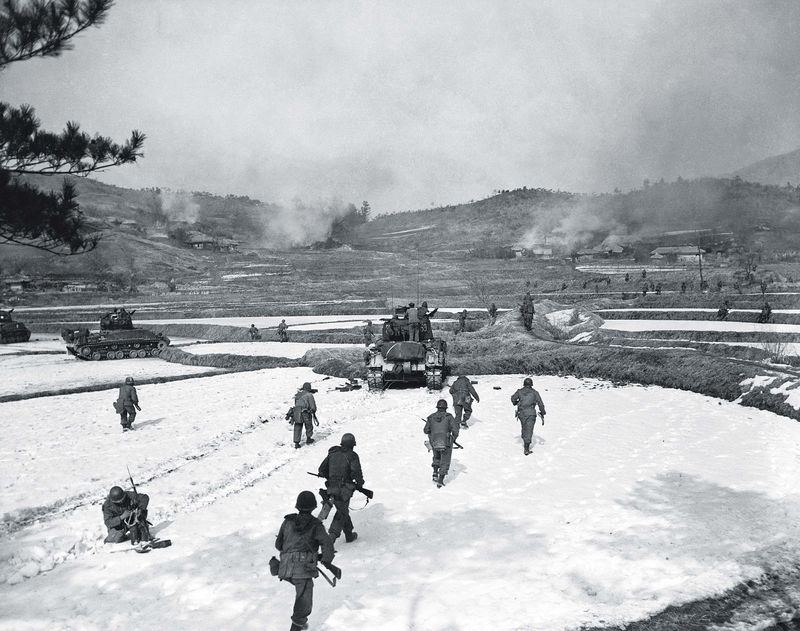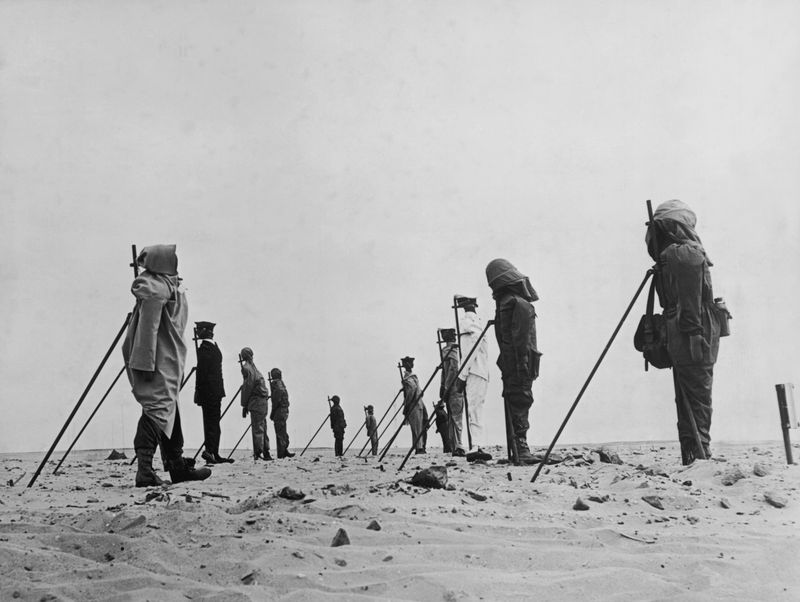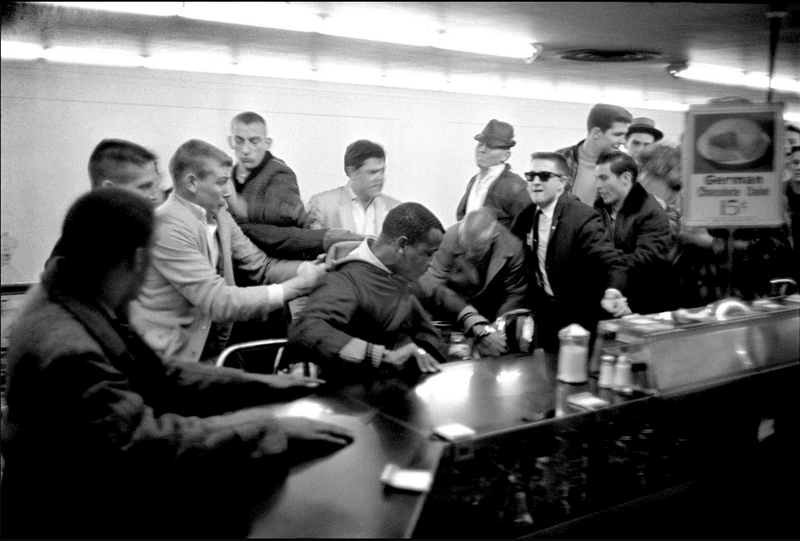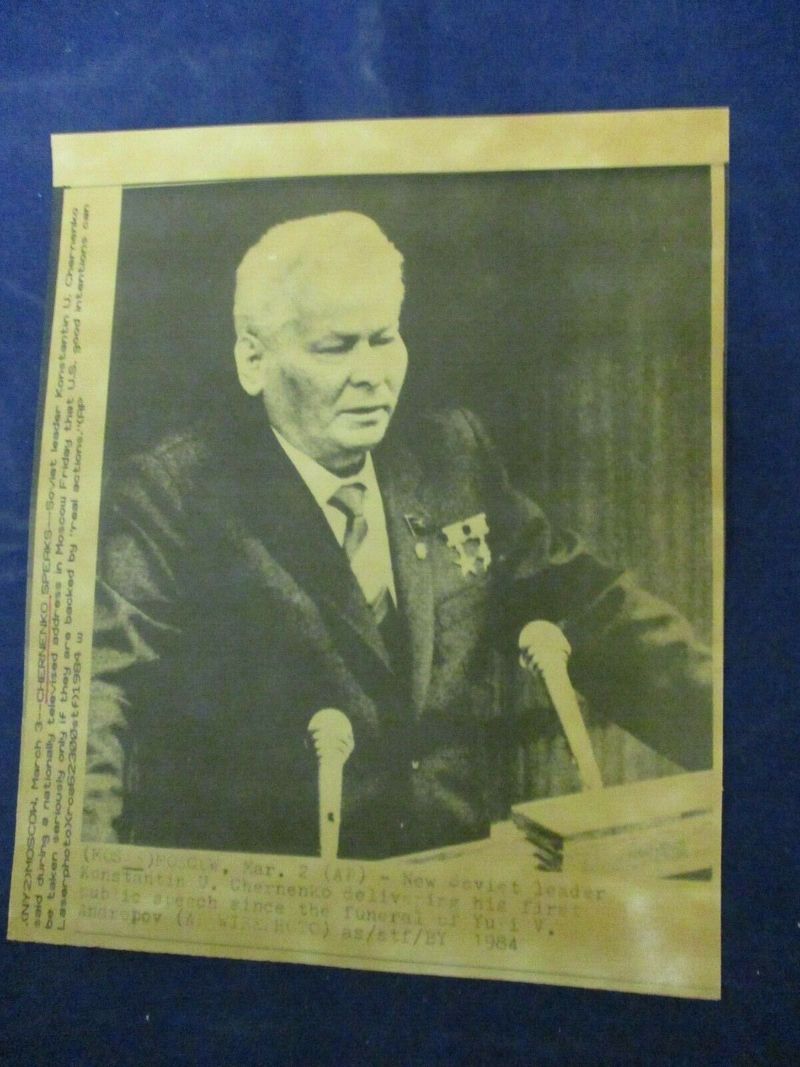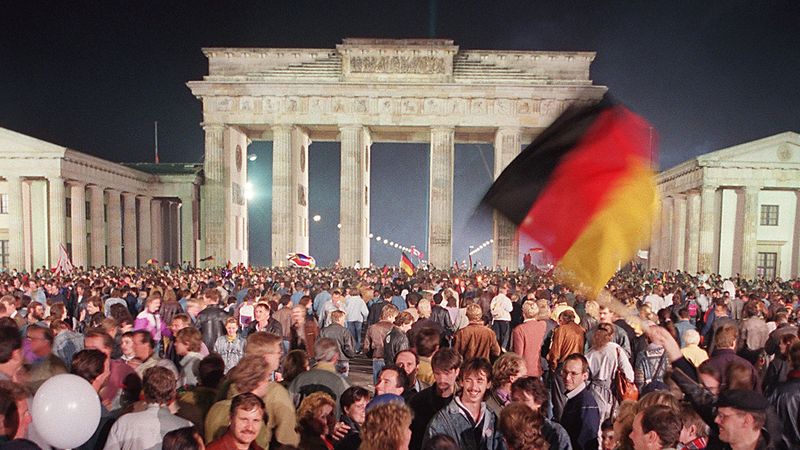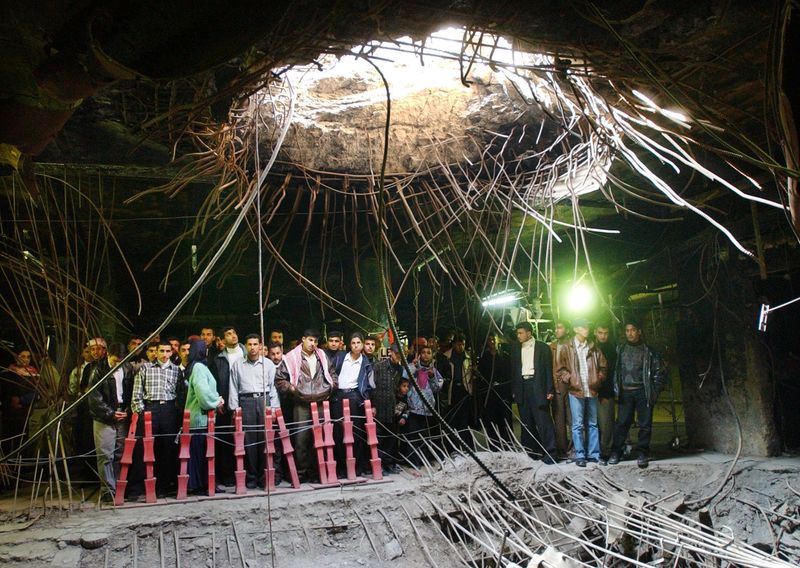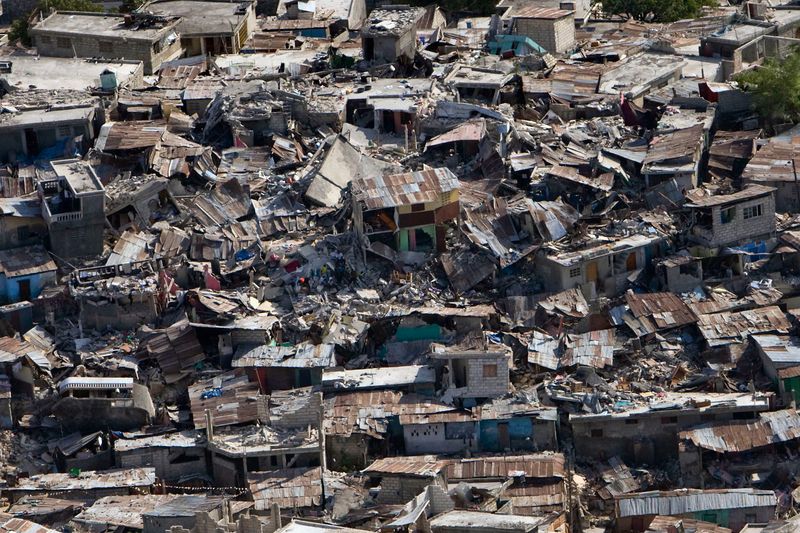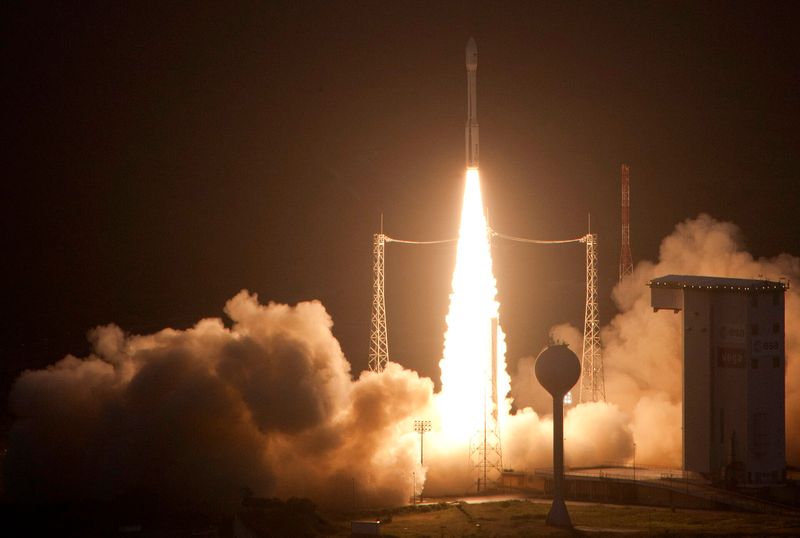February 13th has proven to be a day of significant historical events across the globe. This blog post highlights 30 notable occurrences on this date, each leaving a unique imprint on history.
From political upheavals to groundbreaking discoveries, February 13th showcases a diverse range of pivotal moments.
1. 962 – Diploma Ottonianum
In 962, the Diploma Ottonianum became a cornerstone document that established a formal agreement between Pope John XII and Emperor Otto I.
This significant political treaty set the stage for the Holy Roman Empire’s foundation, marking a profound moment in European history.
The diploma emphasized the emperor’s role in protecting the papacy while asserting his authority over the Papal States.
This agreement represented a pivotal shift in church-state relations, underscoring the medieval balance of power. The Diploma Ottonianum’s impact resonated through the centuries, influencing European political structures and religious dynamics.
2. 1258 – Siege of Baghdad
The Siege of Baghdad in 1258 marked a catastrophic end to the Islamic Golden Age, as the Mongols, led by Hulagu Khan, captured the city. This event resulted in the horrifying destruction of Baghdad and the collapse of the Abbasid Caliphate.
The Mongols’ brutal tactics decimated the population and led to vast cultural and scientific losses.
The siege’s aftermath rippled through the Islamic world, signaling a dramatic power shift and the end of Baghdad’s prominence as a cultural and intellectual hub. The Mongols’ conquest reshaped the region’s political landscape.
3. 1542 – Catherine Howard Executed
Catherine Howard, the fifth wife of King Henry VIII, faced execution on February 13, 1542. Her beheading at the Tower of London was a dramatic moment in Tudor history, symbolizing the perilous nature of life at the royal court.
Accused of adultery, Catherine’s fall from grace was swift and brutal, highlighting the era’s harsh justice system.
Her execution served as a stark reminder of the volatile power dynamics within the monarchy. Catherine’s tragic end contributed to the infamous legacy of Henry VIII’s tumultuous reign, marked by marriages and executions.
4. 1633 – Galileo’s Trial
In 1633, Galileo Galilei faced trial for his support of the heliocentric model, challenging the Catholic Church’s geocentric view. His trial represented a clash between science and religion, as Galileo’s findings contradicted traditional beliefs.
Despite his scientific contributions, Galileo was forced to recant and placed under house arrest.
This trial underscored the tension between scientific progress and religious doctrine. Galileo’s struggle became emblematic of the broader conflict between reason and faith, paving the way for future scientific inquiry despite his personal sacrifices.
5. 1642 – Clergy Act
The Clergy Act of 1642, passed by the English Parliament, significantly altered the church’s role in state affairs. This legislation aimed to curb the influence of bishops and align the Church of England more closely with Protestant reforms.
The act contributed to the rising tensions leading to the English Civil War, reflecting the deep religious divisions within the country.
The Clergy Act’s implementation demonstrated the shifting power dynamics and the struggle for religious and political control. Its legacy influenced England’s religious landscape, shaping future church-state relations.
6. 1689 – William & Mary Proclaimed
On February 13, 1689, William III and Mary II were proclaimed joint sovereigns of England, marking a pivotal shift in the monarchy’s structure. This event followed the Glorious Revolution, which saw the overthrow of King James II.
Their ascension to the throne represented a move towards constitutional monarchy, with increased parliamentary power.
The reign of William and Mary established a foundation for modern democratic governance in England. Their joint rule symbolized a significant transformation in the balance of power between the monarchy and Parliament.
7. 1692 – Glencoe Massacre
The Glencoe Massacre of 1692 stands as a dark chapter in Scottish history, where members of the Clan MacDonald were killed by government forces. The massacre occurred amid complex clan politics and royal decrees.
The attack served as a brutal warning to other clans regarding loyalty to King William III.
The tragedy fueled longstanding clan rivalries and animosities, leaving a lasting scar on Scottish cultural memory. The massacre’s legacy is remembered as a symbol of betrayal and the harsh realities of 17th-century Scottish politics.
8. 1755 – Treaty of Giyanti
The Treaty of Giyanti, signed in 1755, was a significant event in Javanese history, leading to the division of the Mataram Sultanate. The treaty was brokered by the Dutch East India Company and local Javanese leaders.
It aimed to resolve internal conflicts and establish Dutch control over the region.
The treaty’s terms split the sultanate, creating rival factions and altering Java’s political landscape. The Treaty of Giyanti exemplifies the colonial influence in Southeast Asia, highlighting the complexities of power, diplomacy, and resistance in the region.
9. 1861 – Siege of Gaeta
The Siege of Gaeta in 1861 marked a crucial moment in Italy’s unification movement. The fortress of Gaeta was the last stronghold of the Kingdom of the Two Sicilies, and its fall signaled the end of Bourbon rule.
The siege demonstrated the determination of the Piedmontese forces to unify Italy under King Victor Emmanuel II.
The event highlighted the broader Risorgimento movement, aimed at consolidating fragmented Italian states into a single nation. The Siege of Gaeta’s conclusion was a significant milestone in achieving Italian unification and solidifying national identity.
10. 1913 – Tibetan Independence
On February 13, 1913, Tibet declared its independence from China following the collapse of the Qing Dynasty. The Tibetan government asserted sovereignty, emphasizing its distinct cultural and political identity.
This declaration was a bold statement during a time of regional upheaval and power shifts.
Tibet’s independence movement highlighted the complexities of sovereignty and identity in the early 20th century.
While the declaration did not gain widespread international recognition, it remains a significant historical moment for Tibetan national consciousness and autonomy aspirations.
11. 1931 – New Delhi Capital
In 1931, New Delhi was officially inaugurated as the capital of British India, replacing Calcutta. This decision reflected the British administration’s strategic and political considerations.
The new capital was designed by architects Sir Edwin Lutyens and Sir Herbert Baker, blending Western and Indian architectural styles.
New Delhi’s inauguration marked a new phase in India’s colonial history, symbolizing British imperial power while fostering an urban center for governance and diplomacy.
The city’s establishment set the stage for India’s political evolution and post-independence development.
12. 1935 – Lindbergh Verdict
The Lindbergh baby kidnapping case reached its conclusion on February 13, 1935, with a guilty verdict for Bruno Hauptmann. This infamous trial captivated the American public and media, reflecting the intense scrutiny of high-profile cases.
Hauptmann’s conviction was based on circumstantial evidence, leading to debates about the justice system.
The trial highlighted societal fears and the role of sensationalism in legal proceedings. The Lindbergh case left a legacy of legal and media reforms, influencing future criminal investigations and public perceptions of justice.
13. 1945 – Budapest Surrenders
The surrender of Budapest on February 13, 1945, marked a significant turning point in World War II. Soviet forces captured the city after a protracted and devastating siege, ending Axis control in Hungary.
The battle had severe humanitarian consequences, with widespread destruction and civilian suffering. Budapest’s surrender contributed to the broader Allied victory in Europe, shifting the war’s balance.
The event underscored the brutality of urban warfare and the geopolitical shifts of the time, setting the stage for post-war reconstruction and political realignments in Eastern Europe.
14. 1945 – Dresden Bombing
The bombing of Dresden on February 13, 1945, remains one of World War II’s most controversial events. Allied forces launched a series of devastating air raids on the German city, resulting in extensive destruction and civilian casualties.
Dresden’s bombing raised ethical questions about wartime tactics and the targeting of civilian areas.
The event highlighted the horrors of modern warfare and the moral dilemmas faced by military strategists. The legacy of the Dresden bombing continues to evoke debate about military ethics and historical narratives of the war.
15. 1951 – Chipyong-ni Battle
The Battle of Chipyong-ni, fought from February 13-15, 1951, was a pivotal engagement during the Korean War. United Nations forces, primarily American, defended a strategic position against numerically superior Chinese troops.
The battle was characterized by intense fighting and harsh winter conditions.
Despite being outnumbered, UN forces successfully held their ground, demonstrating resilience and tactical prowess.
The victory at Chipyong-ni bolstered Allied morale and marked a turning point in the Korean conflict, showcasing the effectiveness of combined operations and international cooperation.
16. 1955 – Dead Sea Scrolls Found
On February 13, 1955, the discovery of the Dead Sea Scrolls was announced, unveiling one of the most significant archaeological finds of the 20th century.
These ancient texts, dating back to the Second Temple period, provided invaluable insights into early Judaism and biblical history.
The scrolls included religious manuscripts, legal texts, and apocryphal works, shedding light on the diversity of Jewish thought.
Their discovery transformed scholarly understanding of the era, offering a glimpse into the cultural and religious landscape of the time. The Dead Sea Scrolls continue to be a focal point of historical and theological study.
17. 1960 – France’s Nuclear Test
February 13, 1960, marked France’s entry into the nuclear age with its first successful atomic bomb test, code-named “Gerboise Bleue,” in the Algerian Sahara. This test positioned France as a major nuclear power, altering the global atomic landscape.
The explosion demonstrated France’s technological capabilities and strategic ambitions amid Cold War tensions.
The test’s location in colonial Algeria sparked controversy and ethical debates. France’s nuclear milestone impacted international relations and defense policies, contributing to the complex dynamics of nuclear proliferation and geopolitical power structures.
18. 1960 – Nashville Sit-ins
The Nashville sit-ins, which began on February 13, 1960, were a crucial part of the Civil Rights Movement. African American students, inspired by earlier sit-ins, staged nonviolent protests at segregated lunch counters in Nashville, Tennessee.
These demonstrations challenged racial segregation and discrimination, drawing national attention to the struggle for civil rights.
The sit-ins were met with resistance and arrests, yet underscored the power of peaceful protest. The Nashville sit-ins contributed to the desegregation of public spaces and highlighted the courage and determination of young activists fighting for equality.
19. 1967 – Madrid Codices Discovered
On February 13, 1967, the discovery of the Madrid Codices added a new dimension to the understanding of Leonardo da Vinci’s work. These manuscripts, long lost, contained notes and sketches revealing da Vinci’s innovative ideas across multiple disciplines.
The codices offered insights into his thoughts on mechanics, geometry, and artistic techniques. Their discovery enriched the appreciation of da Vinci’s genius, highlighting his contributions to both art and science.
The Madrid Codices remain a testament to the enduring legacy of one of history’s most brilliant minds, inspiring continued exploration and study.
20. 1981 – Louisville Sewer Explosions Destroy Two Miles of Streets
On February 13, 1981, Louisville, Kentucky, witnessed a bizarre chain reaction of sewer explosions that ripped through two miles of streets.
This unexpected catastrophe began with a buildup of hexane gas beneath the city’s sewer system, which somehow ignited and triggered a series of explosive bursts.
The blasts tore open manhole covers, launching them into the air, while streets buckled under the force. Remarkably, there were no fatalities, but the damage was extensive, causing destruction to infrastructure and vehicles.
Residents were startled by the chaos, and the event remains a curious anomaly in the city’s history, prompting investigations into urban safety.
21. 1984 – Soviet Leadership Shift
On February 13, 1984, Konstantin Chernenko was selected as the General Secretary of the Communist Party of the Soviet Union. His leadership marked another phase in the Soviet Union’s political landscape during the Cold War.
Chernenko’s tenure was brief and characterized by limited reform and continuity of previous policies.
His leadership reflected the challenges facing the Soviet Union, including economic stagnation and political rigidity.
Chernenko’s period in office underscored the broader issues within the Soviet system, setting the stage for future change under his successor, Mikhail Gorbachev.
22. 1990 – German Reunification Plan
The reunification plan for Germany took a significant step forward on February 13, 1990, when East and West German leaders agreed on a framework for merging the two nations.
This historic moment followed the fall of the Berlin Wall and the collapse of communist regimes in Eastern Europe.
The plan emphasized political, economic, and social integration, envisioning a united Germany within the European Community.
German reunification represented a monumental shift in European geopolitics, symbolizing the end of Cold War divisions. The process paved the way for Germany’s resurgence as a central player in European affairs.
23. 1991 – Amiriyah Bombing
On February 13, 1991, the Amiriyah shelter bombing became one of the Gulf War’s most tragic events. Allied forces mistakenly targeted a civilian air-raid shelter in Baghdad, resulting in hundreds of casualties.
The bombing highlighted the devastating humanitarian impact of modern warfare and raised questions about military targeting and intelligence.
The event intensified global debates on war ethics and civilian protection. The Amiriyah bombing is remembered for its profound human cost and the need for stringent measures to safeguard civilians in conflict zones.
24. 1996 – Nepal Civil War Begins
The Nepalese Civil War began on February 13, 1996, marking the start of a decade-long conflict between Maoist insurgents and the Nepalese government. The war was rooted in socioeconomic disparities and demands for political change.
The insurgency aimed to overthrow the monarchy and establish a people’s republic, leading to widespread violence and disruption.
The conflict significantly impacted Nepal’s development, resulting in economic challenges and humanitarian crises. The civil war eventually led to significant political reforms, including the abolition of the monarchy and the establishment of a federal democratic republic.
25. 2001 – El Salvador Earthquake
On February 13, 2001, El Salvador was struck by a powerful earthquake, exacerbating the devastation from a previous quake just a month earlier. The disaster resulted in significant loss of life and widespread destruction of infrastructure.
The earthquake underscored the region’s vulnerability to natural disasters and highlighted the need for effective disaster preparedness and response.
The international community mobilized to provide aid and support recovery efforts. The El Salvador earthquake serves as a reminder of the importance of resilience and solidarity in the face of natural calamities.
26. 2008 – Rudd Apologizes
On February 13, 2008, Australian Prime Minister Kevin Rudd delivered a formal apology to the Indigenous Australians, particularly the Stolen Generations. This momentous speech acknowledged the injustices and suffering experienced by Aboriginal and Torres Strait Islander peoples.
Rudd’s apology was a vital step towards reconciliation, fostering healing and dialogue. The speech resonated across Australia and internationally, highlighting the significance of acknowledging historical wrongs.
Rudd’s apology remains a pivotal moment in Australia’s journey towards justice and equality for its Indigenous populations, inspiring efforts to address ongoing disparities.
27. 2012 – Vega Rocket Launch
February 13, 2012, marked the successful launch of the Vega rocket, Europe’s new light-lift launch vehicle, from the Guiana Space Centre. This mission represented a significant milestone for the European Space Agency (ESA).
The Vega rocket was designed to enhance Europe’s capabilities in launching small payloads into orbit, complementing the existing Ariane and Soyuz launch systems.
The launch expanded ESA’s presence in the competitive global space market, demonstrating technological innovation and international collaboration. The Vega rocket’s success underscored Europe’s commitment to advancing its space exploration and satellite deployment efforts.
28. 2017 – Kim Jong-nam Assassinated
On February 13, 2017, Kim Jong-nam, the estranged half-brother of North Korean leader Kim Jong-un, was assassinated at Kuala Lumpur International Airport. This high-profile murder involved the use of a nerve agent, VX.
The assassination drew international condemnation and intensified scrutiny on North Korea’s human rights record and political machinations.
The incident highlighted geopolitical tensions and the challenges of international diplomacy. Kim Jong-nam’s assassination remains a critical event in understanding North Korea’s internal and external dynamics, as well as the broader implications for regional security.
29. 2021 – Trump Acquitted
On February 13, 2021, former U.S. President Donald Trump was acquitted by the Senate in his second impeachment trial. The charges related to incitement of insurrection following the January 6 Capitol riot.
The trial underscored deep political divisions within the United States, with partisan debates over accountability and democracy’s resilience.
Trump’s acquittal had significant implications for American politics, influencing future electoral strategies and governance. The event emphasized the complexities of impeachment proceedings and their role in shaping the nation’s political landscape.
30. 2021 – Winter Storm Disaster
The winter storm disaster of February 13, 2021, had a profound impact on Texas and surrounding states. Extreme cold temperatures led to widespread power outages, water supply disruptions, and severe hardships for residents.
The storm exposed vulnerabilities in infrastructure and emergency preparedness, prompting calls for policy changes and investment in resilient systems.
The disaster highlighted the impacts of climate change and the necessity for adaptation strategies. The February 2021 winter storm serves as a pivotal reminder of the need for comprehensive planning and resilience in the face of environmental challenges.
